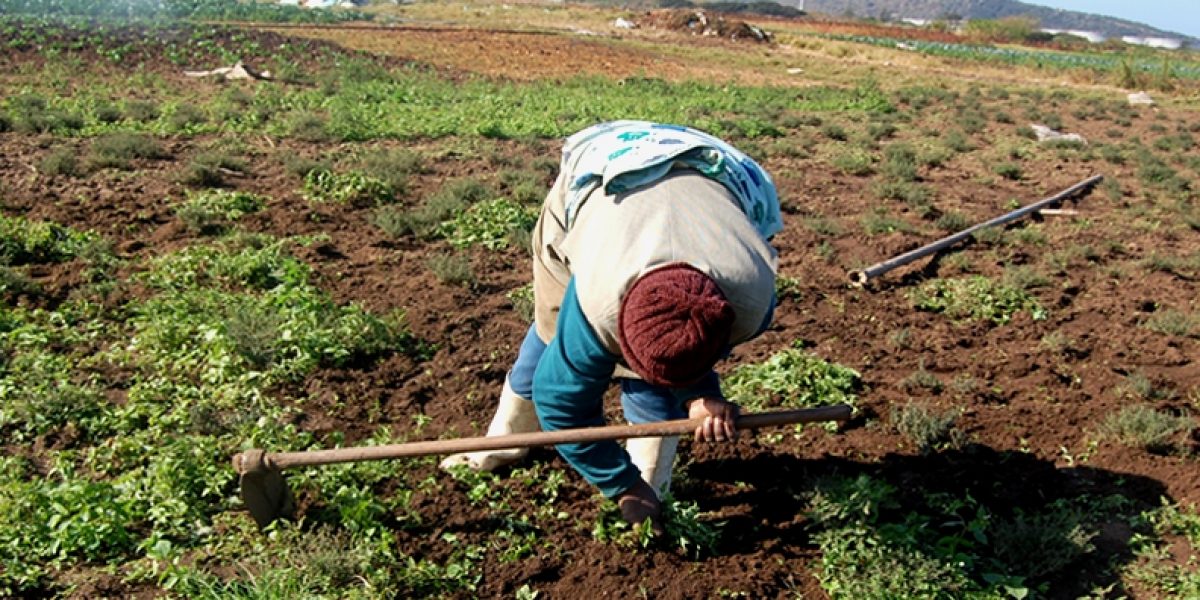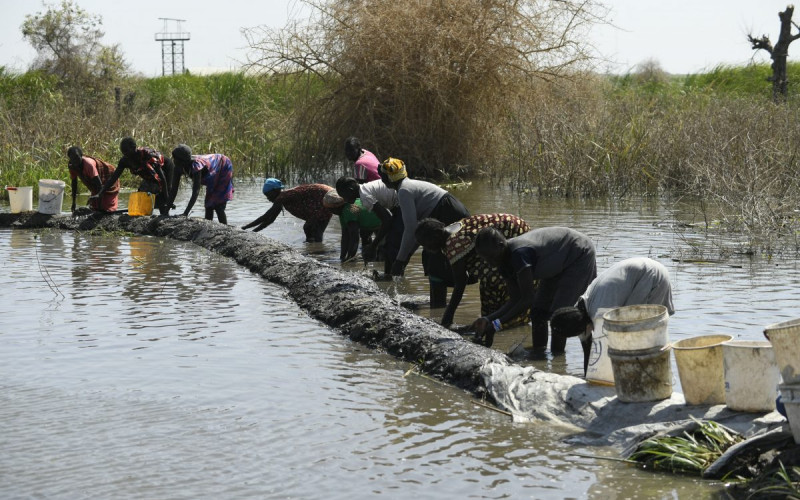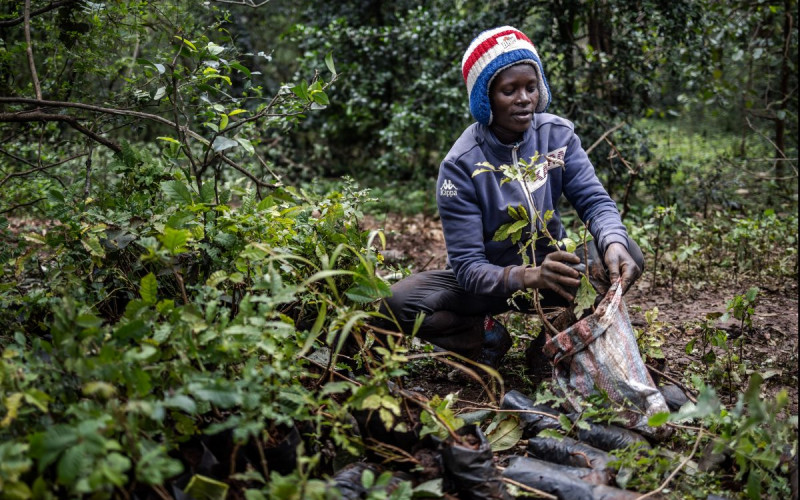Disruptions to it by climate or political instability threaten the livelihoods of the continent’s people, both rural and urban – as the recent food-price hikes have shown. Indeed, there is some accuracy in the claim that the outsized role of agriculture is a marker of Africa’s economic retardation. But agriculture holds vast potential for Africa – provided the opportunities are recognised and the policy and institutional environments enhanced to enable producers to seize them.
At present, much, if not most, African agriculture is carried out on a very small scale, suffering from limited investment and poor productivity. The challenge, as a report on Ghana comments, is to transform ‘the agricultural sector from subsistence farming into a more dynamic entrepreneurial activity.’
Read the related paper Space, Soil and Status: Insights From the APRM Into the Governance of Land In Africa.
The raw materials for this transformation are clearly there. Africa harbours more than half the world’s uncultivated land. With a growing population, increased food production is both a market opportunity and a necessity. Rising populations and changing consumption patterns elsewhere – such as rising meat consumption in China – provide lucrative openings for exports. Foreign investors have certainly seen the potential. Africa – through such institutions as the Comprehensive Africa Agriculture Development Programme (CAADP) and the African Peer Review Mechanism (APRM) – has done likewise. How can this potential be made reality? More specifically, how can it be leveraged for the benefit of millions of Africans who make a living from agriculture, but have not yet seen it as an avenue for prosperity?
Three interrelated issues must be resolved. The most elemental is the question of landholding. It is estimated that some 90% of rural land in Africa is not formally registered. This denies those who occupy it the ability to use it as collateral, complicates ownership and use disputes and generally contributes to the tenure insecurity of those who live on it. Frequently, ownership is vested in the state or in traditional leaders – creating the conditions for land transactions that ignore the interests of smallholders, as has been seen in Zambia.
Thus, landholders struggle to raise capital, and are reluctant to invest. An oft-proposed solution is to provide title to land, following the analysis of the Peruvian economist Hernando De Soto. Indeed, predating De Soto’s work, countries such as Kenya and Ghana embarked on such programmes.
However, this approach has been criticised. Titling is expensive and complex, and in some instances may actually undermine the tenure security of small landholders. Its impact on opening up access to credit has also been regarded as doubtful, since poor people’s assets are often not sufficiently valuable.
Nevertheless, titling is a worthwhile goal in the long term. More effective in the interim would be establishing a firmer system of property rights. ‘Property’ needs to be recognised not merely as an entitlement to possessions, but a set of social relationships that legitimise this. Africa’s societies have long traditions of respecting property; and such informal systems characterise landholding on much of the continent’s unregistered land.
These systems provide the rudiments of a formalised property rights regime, that might ultimately develop towards full titling. In Zambia, experiments in issuing Customary Landholding Certificates to residents of land under traditional leaders are an example of this: not granting ownership, but formalising and protecting rights that exist within the prevailing socio-cultural framework.
While there is evidence that enhanced property rights contribute to agricultural productivity, this will not in itself be enough. The second issue is the commitment of resources to support Africa’s agricultural economy. The Ghanaian scholar, George Ayittey, has observed that Africa’s rural hinterlands have tended to be ignored in favour of its cities. This must be turned around.
Improved rural infrastructure and effective agricultural extension services would be practical measures. Technological solutions – such as using mobile phones to pass on information about market conditions, or to pay subsidies – hold significant promise. In this way, natural hazards such as drought can be countered.
Concurrently, the third issue is improving the overall quality of state administration regimes. The efficacy of any policy – registration, titling or support – depends on the capacity to implement it. This is all too often in short supply. One study by the African Union and its partner agencies in the United Nations noted that this is sometimes so severe that countries are unable even to design proper policies. Even such basic tasks as obtaining official documents pertaining to properties can be an arduous task, compounded in some cases by corruption. For African states to take up the supporting roles in the continent’s agriculture – as is common around the world – their bureaucracies must be imbued with greater skill and professionalism.
In practice, these issues cannot really be separated from one another if African agriculture to become the hoped for value-adding, developmental driver. This furthermore depends on whether Africa’s political elites are willing to make the tough political choices necessary. Granting people control over their landholdings, redirecting resources into the hands of the continent’s farmers and enforcing greater professionalism and efficiency on the part of civil servants – each of these could alienate powerful interests and disrupt patronage systems. They also represent a tough and uncertain journey of reform. But the winnings of a blossoming agricultural sector demand the political will to do so.






